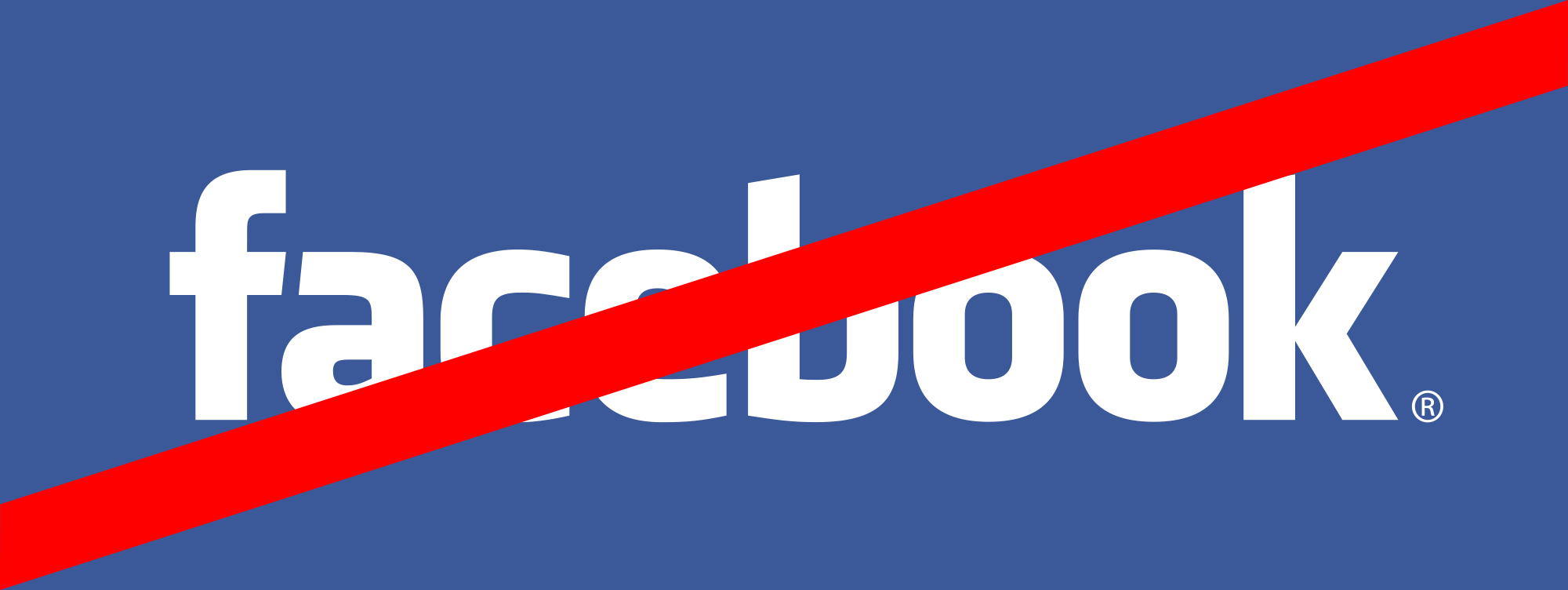In the last weeks, Facebook has been in the news a lot for its aggressive data gathering. What has surprised me, is not that Facebook is in the news, but that it hasn’t happened much sooner. Facebook is possibly the most invasive data gathering, privacy invading platform the world has ever seen, despite the fact that it is cloaked behind a veil of childish logos and thumbs up buttons. Additionally, Facebook has engaged in some truly abhorrent practices, such as gathering text messaging and phone metadata from Android users, conducting secret psychological tests on over 700,000 users in 2012, ad programs that track users’ web activity off of Facebook, to say nothing of how Facebook was and most likely is being used to propagate fake news.

As someone who has worked in various regulated industries (banking, government) it appalls me how companies like Facebook abuse their users’ privacy. My biggest issue is that Facebook disguises its data gathering efforts under a slick veneer of innocence which disguises their true intent. Much like tobacco adverts of yore, Facebook and its “family” are targeted primarily towards younger people who don’t understand what they are giving up in exchange for the privilege of sharing their photos with their friends.
An extremely egregious example of this occurs on election days in the US. Facebook will ask users a question: “Did you vote today?” and give you a little sticker on your profile if you answer that you did. Now why do you think they would do that? To encourage people to vote? Hardly, though that may be a side benefit. No, the real reason they do this is to gather information about people’s voting history, which Facebook then uses in their targeted political campaigns. Don’t believe me? You can read about it here: https://politics.fb.com.

The problem here is that Facebook doesn’t ask their users for consent in a way that a typical user will understand. I am not trying to mock Facebook users, but most people who don’t work in data analytics, don’t really understand the implications of mass data gathering. The image above is how Facebook Messenger asks for permission to gain access to your contacts, SMS and phone call logs. (Courtesy of ArsTechnica) Nowhere in this image does it say anything about collecting SMS, phone logs or anything for that matter. It looks cute and most people wouldn’t think twice about clicking on ok.
Silicon Valley’s Culture Needs to Change
The biggest issue I have with some of what Facebook has been caught doing is that enough of the company felt it was acceptable for them to do it. That’s the bigger issue here. Most likely, some manager at Facebook decided, why don’t we gather all our Android users’ text data and mine it! And nobody said a bloody thing. No leaks to the news media, no disgruntled employees writing blog posts about it, nothing…. Which ultimately means that everyone involved felt it was totally acceptable to take their users’ SMS and phone logs. This practice only ended when Android disabled the functionality, so it wasn’t as if Facebook execs had some crisis of conscious.
But, I’m a realist. Facebook’s revenue is generated by selling targeted advertising and the way it targets its ads is by gathering data about its audience. Whilst Mr. Zuckerberg can write pithy non-apologies about it, nothing will change because this is how Facebook makes money. The only way this changes, is for people like you to get off of Facebook (and Instagram, and WhatsApp) in significant numbers and for advertisers to stop spending money on Facebook ads. As long as there is a market for this data, the sad reality is that there will be more and more companies trying to invade your privacy and sell it to the highest bidder.
Educate Yourself About How Companies Monetize Your Data
You need to understand how companies are using your data and make a conscious choice about whether that company provides enough value to justify that loss in privacy. Frankly, this is why I prefer using companies whose primary revenue stream is not derived from data monetization. This is why I choose to use iPhones instead of Android, iMessage instead of WhatsApp, socializing with real friends instead of Facebook. You can generally tell this is the case by whether you have to pay for a service. Generally speaking, companies which charge for their services are not looking to invade your privacy to the same degree as companies that offer their services “for free”. As the saying goes: “If you aren’t paying for it, YOU are the product.
Leave a Comment
